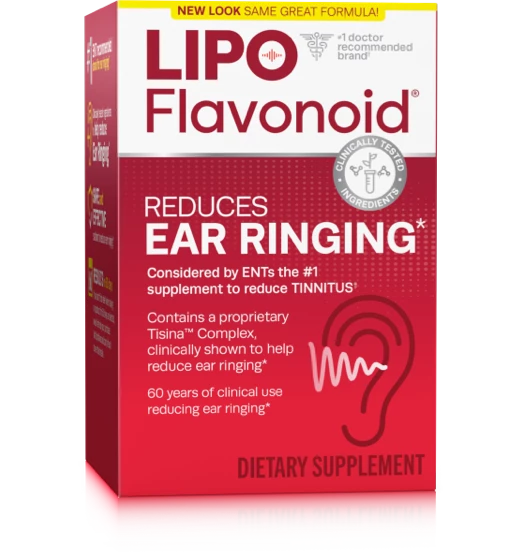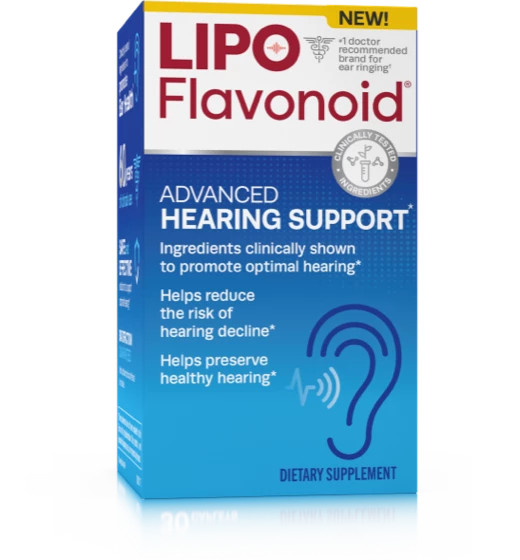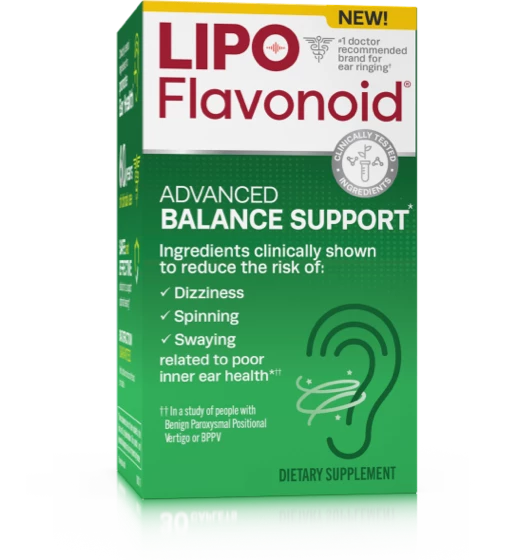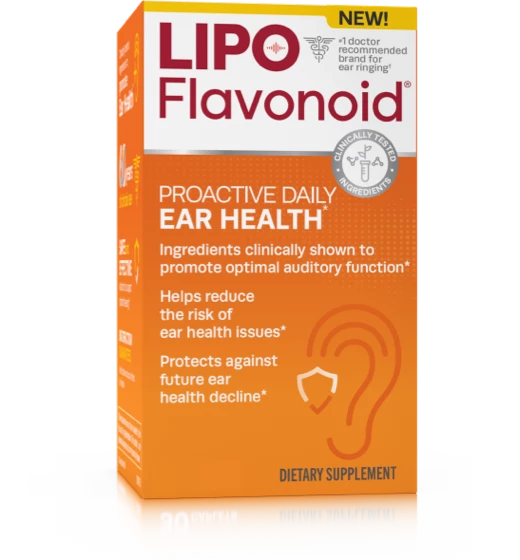- Products
- Science
-
Resources
- Tinnitus Resources
- What is tinnitus?
- Causes of tinnitus
- Tips for managing tinnitus
- Prepare for your doctor's visit
- PTSD and tinnitus
- Tinnitus FAQs
- Hearing Loss Resources
- What is hearing loss?
- Degrees of hearing Impairment
- Types of hearing loss
- Causes of hearing loss
- Treatment options for hearing loss
- Buy Now
- Coupons
- Test Your Hearing
- Test Your Hearing
- Healthcare Professionals
Tinnitus? Rest Easier With Practical Sleep Solutions
Many people with tinnitus, or ringing in the ears, can have trouble falling or staying asleep. Certainly, in the night’s quiet, tinnitus can seem louder and more upsetting than ever – especially if you’re worrying about whether you’ll be able to get rejuvenating rest, or not.
Fortunately there are ways to fine-tune your sleep environment and habits for better sleep. From your physical spaceto your nightly rituals, here are some top sleep tips from experts around the world:
Do daytime prep: Prepare your body for a great night’s sleep by exposing yourself to morning light (to help regulate your internal clock) and exercising. According to the National Sleep Foundation, people who exercise sleep better than those who don’t.1 If you feel energized after a workout, allow a few hours between the end or your sweat session and bedtime so you can wind down.
Stick to a schedule: Try to go to bed and wake up at approximately the same time every day – even on the weekends. This helps you become habituated to a usual bedtime.
Create rituals: About an hour before bedtime, tell your body it’s time to sleep with calming habits. Dim the lights, read a book, listen to quiet music, gently stretch, or engage in other activities that you find soothing. Write down things that are worrying you and tell yourself you are setting them aside for the night.
Turn off screens: Avoid using your smartphone, tablet, or computer an hour before bed. Don’t sit too close to your TV. The “blue” light in electronic devices, and even in your television, can create feelings of alertness and disrupt your body’s natural winding-down cycle.
Use your nose: There is evidence that certain smells can improve sleep.2 Lavender, for instance, can decrease heart rate and blood pressure, potentially putting you in a more tranquil state. Vanilla, valerian and jasmine are other possibly soporific options. If you enjoy scents, try soaps, lotions, or oils to find what works for you.
Avoid caffeine, nicotine, alcohol, and certain foods before bed: Nicotine and caffeine are stimulants that can keep you awake. Keep track of the timing of your intake and how it may be affecting you. (It’s often recommended that you avoid caffeine after the mid-afternoon.) Alcohol can make you feel sleepy but disrupts sleep later in the night and thus can interfere with overall rest. Fatty, fried, spicy, rich, or heavy foods are best avoided before sleep, as well.
Consider melatonin*: According to a study in Otolaryngology-Head and Neck Surgery,3 patients with tinnitus who took daily melatonin (produced naturally in the body and also available over-the-counter to help regulate sleep and wake cycles) saw improvement in what they’d previously rated as “poor” sleep. Similarly, in the Annals of Otology, Rhinology & Laryngology,4 researchers found “Melatonin is associated with a statistically significant decrease in tinnitus intensity and improved sleep quality in patients with chronic tinnitus.” Lipo-Flavonoid® Plus users can conveniently add melatonin to their daily regimen with Lipo-Flavonoid® Night, which contains the same #1 doctor-recommended5 potentially tinnitus-easing ingredients as well as evening, time-release melatonin – to help tinnitus sufferers fall asleep and stay asleep.
Make bedtime the focus of your bedroom: Your bedroom should feel like a sanctuary. Entering it should signal your body to unwind. Avoid clutter and stressful piles of paperwork. Accessorize with colors and décor that you find relaxing. Freshen up bedding: Keep your sheets neat and clean – if possible, launder them once per week. If you wake up feeling achy or stiff, if your mattress sags, or if your pillows are lumpy, it might be time to replace them. Most mattresses last about 7 to 9 years. Pillows should be changed approximately every 2 years.
Go sound for sound: Background, low-level, neutral sounds can help to partially block or mask the intensity of tinnitus sounds for easier rest. Experts recommend adding sounds to your sleep environment that are nonintrusive, non-stimulating, and easy-to-ignore, but are at a level that eases perceptions of tinnitus. Some noise spectrums or “colors” are recommended more than others for this purpose. For instance, there is evidence that white, pink and brown noise can help reduce the difference between background and “peak” sounds like the buzzing or hissing of tinnitus.6 The makers of Lipo-Flavonoid® Plus offer the Sonorest Sleep Tones™ Machine, specifically designed to help tinnitus sufferers create a comfortable and relaxing sleep environment.
Keep cool: Experts suggest a sleep environment that’s around 65ºF.7 Of course, each of us has a slightly different optimal sleep temperature so experiment and see what works best for you. Keep in mind that your blankets can contribute to making you too hot or too cold. If you wake up shivering or sweating, you likely need to make adjustments.
Talk to your doctor: While sleep disturbances can be common among tinnitus sufferers, you don’t need to suffer them in silence. If you’ve tried these tips to improve your rest but still find that poor sleep is worsening the functional and emotional effects of tinnitus on your life, if you’ve never talked to a doctor about your tinnitus symptoms before, if you’ve had changes in your health, or if you think you have insomnia (defined as considerable delay in going to sleep or going back to sleep that occurs at least 3-4 times per week and has been going on for 6 months or more), talk to your healthcare professional.
Did you know that, ideally, it should take you 10-15 minutes to fall asleep?8We hope these tips help you to get there!
References:
- Tinnitus and Sleep Disturbance. British Tinnitus Association website http://www.tinnitus.org.uk/sleep. Accessed October 31, 2016.
- The Best Scents for Relaxation and Sleep. National Sleep Foundation website https://sleep.org/articles/scents-for-relaxation/. Accessed November 1, 2016.
- Melatonin Pills May Help Ease Tinnitus. WebMD website http://www.webmd.com/sleep-disorders/news/20060224/melatonin-pills-may-help-ease-tinnitus. Accessed October 31, 2016.
- Hurtuk A, Dome C, Holloman CH, Wolfe K, Welling DB, Dodson EE, Jacob A. Melatonin: can it stop the ringing? Ann Otol Rhinol Laryngol. 2011 Jul;120(7):433-40. https://www.ncbi.nlm.nih.gov/pubmed/21859051.
- April 2016 Survey. Clarion Brands Inc. data on file.
- Han BI, Lee HW, Kim TY, Lim JS, Shin KS. Tinnitus: Characteristics, Causes, Mechanisms, and Treatments. Journal of Clinical Neurology (Seoul, Korea). 2009;5(1):11-19. doi:10.3988/jcn.2009.5.1.11.
- Patient Roadmap. American Tinnitus Association website https://www.ata.org/about-tinnitus/therapy-and-treatment-options/. Accessed November 1, 2016.
- Sound Therapies. American Tinnitus Association website. https://www.ata.org/about-tinnitus/sound-therapy/. Accessed November 1, 2016.
- Touch: A Great Night’s Sleep Can Depend on the Comfort You Feel in Your Bedroom Environment. American Sleep Foundation website https://sleepfoundation.org/bedroom/touch.php. Accessed November 1, 2016.
- 22 Facts About Sleep that Will Surprise You. Cleveland Clinic website https://health.clevelandclinic.org/22-facts-about-sleep-that-will-surprise-you. Accessed November 2, 2016.
* Always consult with a healthcare professional before taking any new dietary supplement. If you are under medical supervision or using any tranquilizers or sedatives, seek the advice of your healthcare professional prior to using melatonin. Consult your healthcare professional prior to using melatonin if you have an autoimmune condition, depressive disorder or are pregnant or lactating. Do not take melatonin when operating machinery or driving a vehicle. People with allergies to soy, wheat, or corn should consult their healthcare professional before taking melatonin. Keep out of reach of children.
*These statements have not been evaluated by the Food and Drug Administration. These products are not intended to diagnose, treat, cure or prevent any disease.
*Survey data on file
REFERENCES:
- April 2018 Survey. Clarion Brands Inc. data on file.
- Williams H, Hedgecock L. Citrus Bioflavonoids, Ascorbic Acid and Other B-vitamins in the Treatment of certain types of neurosensory deafness a preliminary report. Staff meeting of the Mayo Clinic (1962).
- Tinnitus Overview. Mayo Clinic website http://www.mayoclinic.org/diseases-conditions/tinnitus/basics/definition/con-20021487. Accessed Sept. 7, 2016.
- Understanding the Facts. American Tinnitus Associations website https://www.ata.org/understanding-facts. Accessed Sept. 7, 2016.
- Slattery WH, Fayad JN. Medical treatment of Meniere's disease. Otolaryngologic Clinics of North America 1997; 30:1027-37.
- Kumar S, Pandey AK. Chemistry and Biological Activities of Flavonoids: An Overview. The Scientific World Journal. 2013;2013:162750. doi:10.1155/2013/162750.
- Fetterman BL, Saunders JE, Luxford WM. Prognosis and treatment of sudden sensorineural hearing loss. Am J Otol 1996; 17:529-36.
- Arenberg I, Bayer R. Therapeutic Options in Meniere’s Disease. Arch Otolaryngol 1977;103: 589-93.
- Shaia F, Sheehy J. Sudden sensori-neural hearing impairment: a report of 1,220 cases. Laryngoscope 1976; 86:389-98.
- Herschberg S. Meniere’s disease. J Am Osteopathic Association 1974; 73:540-6.
- Wolfson R. Treatment of Meniere’s disease. Modern Treatment (1969) 6,3, 553-567.
- Rubin W. Vestibular suppressant drugs. Arch Otolaryngol 1973; 97:135-8




